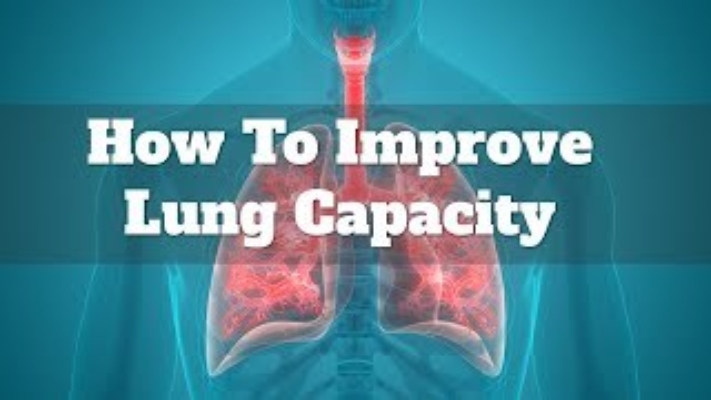When clients come to see physiotherapists and exercise physiologists for exercise, they can be assured that the sessions prescribed and delivered have an overarching goal in mind - reducing morbidity, mortality, chronic disease or pain. Alongside of this goal, we are also able help you work on your specific goals such as running 5 kilometres, losing weight to feel better in your clothes or being strong enough to perform 50 push ups!
When considering both our health focused goals and our performance focused goals, assessment is a crucial component to assist us with monitoring the success. Much like keeping note of your running distance and pace, we can assess and track health related improvements. Improved respiratory function accelerates gas exchange in the lungs, enhances tissue oxygenation and cellular metabolism and hence allows you to exercise more effectively and achieve better training results. It enhances your immunity and provides many other benefits for your health and wellbeing. Our exercise programs intend to actively promote your respiratory function and we use special approaches to assess their effectiveness. Spirometry is one of critical parameters to correctly estimate the respiratory function.
Spirometry is a simple and effective test to assess the respiratory (lung) function. It measures the volume of air expelled from fully inflated lungs as a function of time. After inhaling to a maximal lung volume, the client is instructed to exhale as fast and hard as possible. Many lung function indices may be derived from spirometry. The most common indices are:
- Forced vital capacity (FVC) – total volume of exhaled
- Forced expiratory volume (FEV1) – the amount of air you can force from your lungs in one second
- FEV1/FVC ratio.
Spirometry testing takes only a few minutes to complete and there are no adverse side effects.
At Health Point Physiotherapy, spirometry testing can be included as part of an initial assessment, as well as follow up assessments! Spirometry has the ability to assess the respiratory function and to detect airflow abnormalities (even in clients who are asymptomatic) to prompt them to investigate further. This is an important assessment as research highlights that abnormal spirometry parameters could be a strong predictor for progression of acute and chronic respiratory conditions such as asthma, bronchitis, bronchiectasis, chronic obstructive pulmonary disease (COPD) and others. Spirometry testing over time also has advantages as it can assist us in tracking the effectiveness of the exercise intervention being prescribed.
Now more than ever as we move towards a COVID normal lifestyle, our health and wellbeing should be the number one priority. After all, health is wealth! We know that Coronavirus (among other viruses) has an impact on our respiratory system, therefore we want to ensure that we are working on our lung health as a part of our exercise sessions - healthy lungs are stronger and are able to better cope if you become unwell with a virus! Research has shown that regular aerobic training improves lung function parameters and delays fatigue onset; both important factors when aiming to keep ourselves well and our lungs strong.
At Health Point Physiotherapy, our clinical exercise sessions are always tailored to your specific needs; whether that be to reduce pain, regain function or improve strength. Importantly, one of the greatest aspects of our sessions are that alongside of working on your specific area, we will ensure that your body is being exercised as a whole! We will work on strength, mobility, balance, cardiorespiratory function, among other things to have your whole body feeling and looking great!
References:
Ferguson, G. T., Enright, P. L., Buist, A. S., & Higgins, M. W. (2000). Office spirometry for lung health assessment in adults: a consensus statement from the National Lung Health Education Program. Chest, 117(4): 1146-1161.
Wani, P. D., & Dalvi, V. (2011). Comparison of Pulmonary function test before and after Acute Sub-maximal exercise in Trained and Untrained individuals. Int J Cur Bio Med Sci, 1(3): 108-112.
Crimi C., Impellizzeri P., Campisi R. et al. (2021). Practical considerations for spirometry during the COVID-19 outbreak: Literature review and insights. Pulmonology, 27: 438-447

